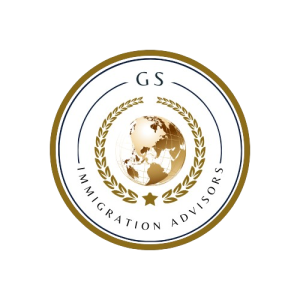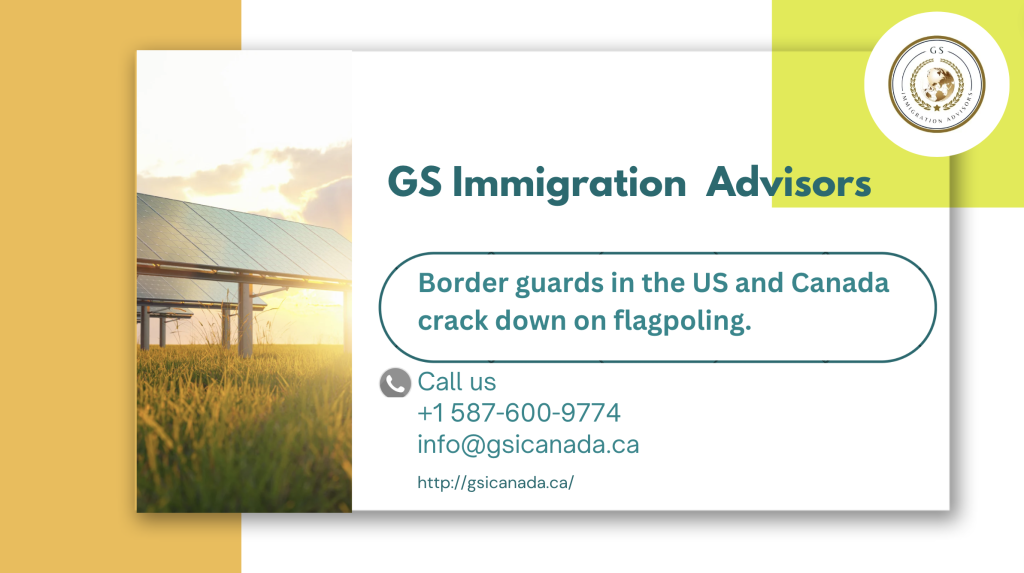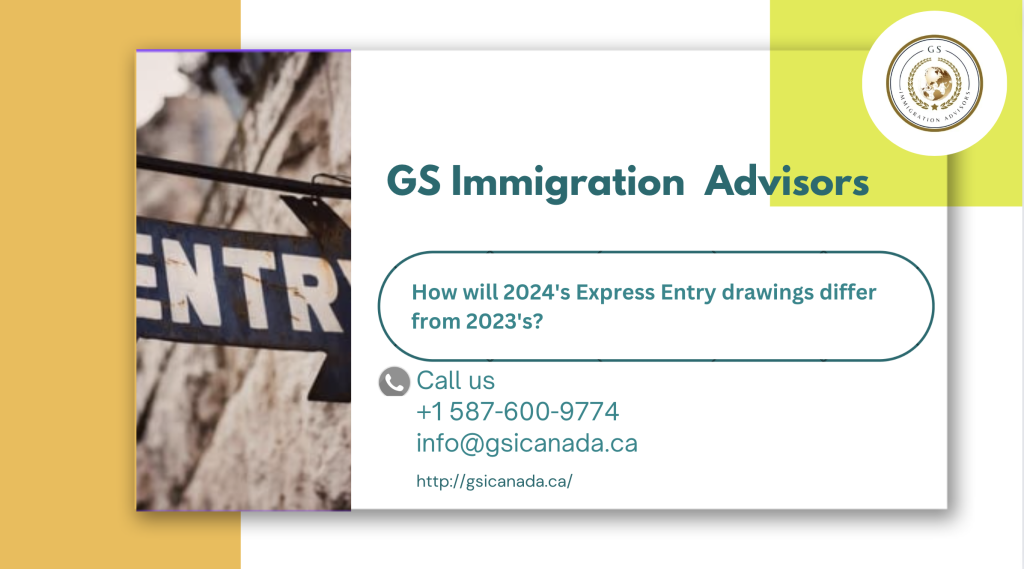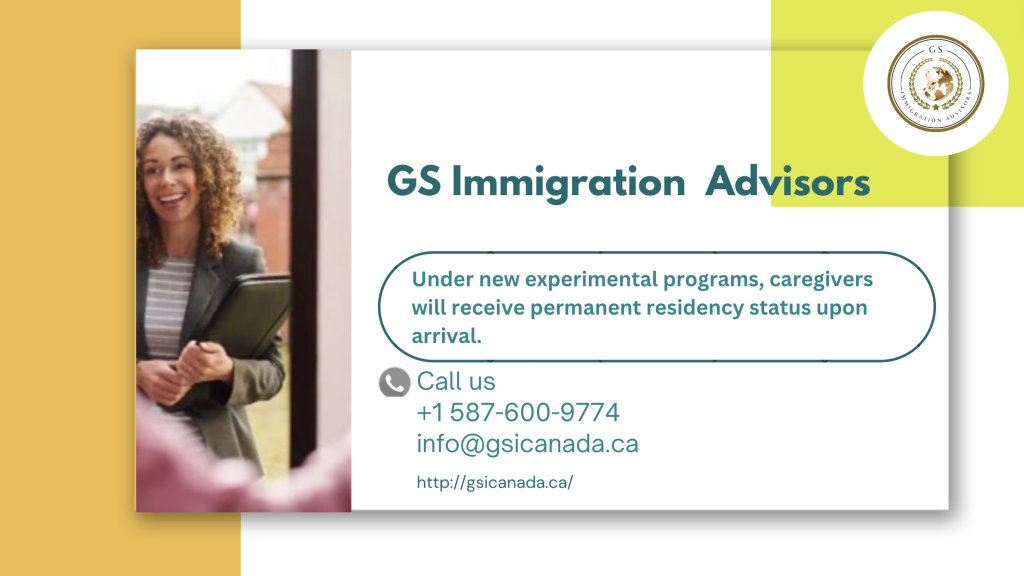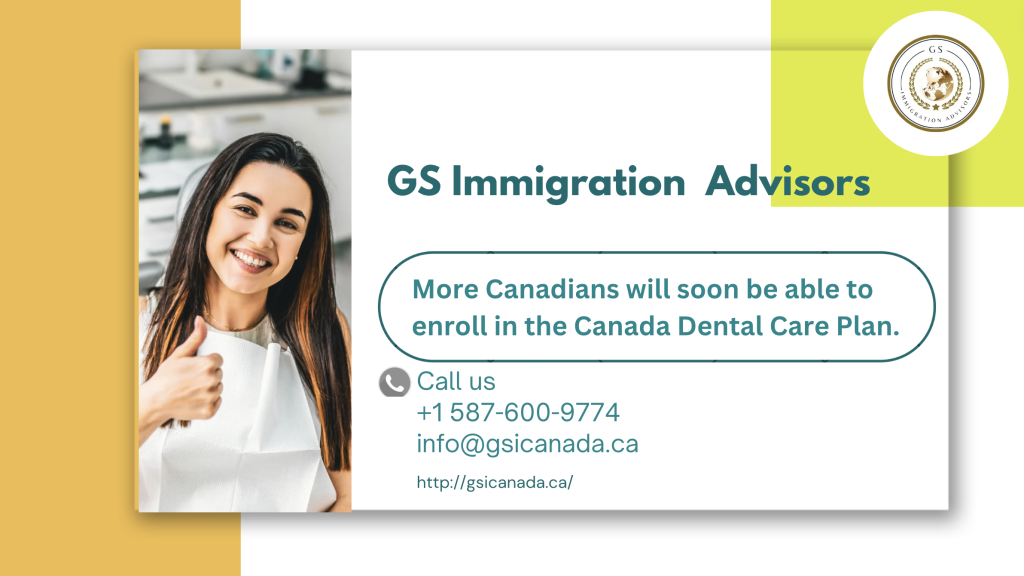Significant benefit to Canada [R205(a) – C10] – Canadian interests – International Mobility Program
Canada has long been a beacon for global talent, fostering a culture of inclusivity, innovation, and economic prosperity. Among its many immigration pathways, R205(a) – C10, under the Significant Benefit to Canada exemption, stands out as a strategic tool in the International Mobility Program (IMP). This provision enables Canadian employers to hire foreign workers without needing a Labour Market Impact Assessment (LMIA), provided the worker’s contribution offers a significant benefit to the country. Discover if You Are Eligible for Canadian Immigration In this blog, we’ll explore the Significant Benefit to Canada (C10) exemption, its purpose, eligibility criteria, and how it impacts both foreign workers and Canada. What is the Significant Benefit to Canada Exemption (C10)? Under Section R205(a) of the Immigration and Refugee Protection Regulations (IRPR), the C10 exemption is part of the International Mobility Program. It is designed to facilitate the entry of foreign workers who bring exceptional talent, expertise, or unique contributions to Canada’s social, cultural, or economic landscape. The exemption applies when it is evident that the foreign worker’s presence in Canada will create “significant social, cultural, or economic benefits”, making it unnecessary to go through the LMIA process. Key Benefits of the C10 Exemption Faster Access to Global Talent: By bypassing the LMIA process, Canadian employers can hire highly skilled foreign workers quickly, enabling businesses to remain competitive in global markets. Boost to Innovation and Expertise: Workers qualifying under the C10 exemption often possess unique skills or expertise that enhance Canada’s standing in cutting-edge fields like technology, research, arts, and entrepreneurship. Cultural Enrichment: Artists, performers, and individuals contributing to Canada’s cultural landscape can bring fresh perspectives and diversity, enriching Canadian society. Economic Growth: Highly skilled professionals contribute to the economy through job creation, investments, and knowledge transfer, ensuring long-term benefits for Canadian businesses and industries. Support for Public Policy Goals: The C10 exemption allows Canada to meet strategic objectives, such as enhancing bilateral trade agreements, fostering innovation, and addressing skill shortages. Eligibility Criteria for the C10 Exemption To qualify for the Significant Benefit to Canada exemption, the applicant must demonstrate that their work in Canada will have a considerable impact. Common factors considered include: Economic Impact: Does the individual bring skills or investments that will create jobs, promote trade, or stimulate innovation? Cultural Contributions: Does the individual’s work contribute significantly to Canada’s cultural development, such as through the arts, film, or music? Social Benefits: Can the individual’s contributions enhance public health, education, or community development in Canada? Unique Expertise: Is the individual’s skill set rare or in demand within Canada, making their presence invaluable? Applications are assessed on a case-by-case basis, with evidence required to substantiate claims of significant benefit. Application Process Employer’s Role: Canadian employers must submit an Offer of Employment via the Employer Portal under the IMP. Pay the compliance fee (currently CAD 230). Worker’s Role: Submit a work permit application, including supporting documents demonstrating the significant benefit they bring. Provide evidence of qualifications, achievements, or endorsements to substantiate their claims. Assessment by IRCC: Immigration officers evaluate the application to ensure it meets the C10 exemption criteria. Decisions are based on the potential social, cultural, or economic impact of the applicant’s work. Technology Innovators: A software developer specializing in artificial intelligence with proven expertise in implementing advanced solutions in global firms could qualify due to their potential contribution to Canada’s tech ecosystem. Cultural Icons: Internationally acclaimed artists or musicians participating in Canadian events or festivals could demonstrate significant cultural benefit. Economic Catalysts: Entrepreneurs launching startups in Canada, especially in underrepresented sectors, could showcase job creation and economic impact. Challenges and Considerations Subjective Assessment: The “significant benefit” criterion is open to interpretation, making it crucial for applicants to provide compelling evidence. Documentation: A robust application requires detailed documentation, including letters of support, industry endorsements, or proof of achievements. Exemption Misuse: Employers and workers must ensure compliance with program guidelines to avoid penalties or work permit refusals. Conclusion The Significant Benefit to Canada exemption (C10) is a valuable pathway for highly skilled foreign workers whose contributions can propel Canada’s economic, social, and cultural growth. It provides a win-win opportunity—allowing Canadian employers to access global talent while offering foreign professionals the chance to make a meaningful impact in one of the world’s most welcoming countries. For businesses and individuals aiming to leverage this exemption, careful preparation and a clear demonstration of value are key to a successful application. If you’re considering applying under this program, consult an immigration expert to maximize your chances of approval. Together, let’s build a better future for Canada. FAQs What types of workers typically qualify for the C10 exemption? Professionals with unique expertise, cultural icons, or individuals contributing to strategic sectors such as technology, healthcare, or arts. How long does it take to process a C10 work permit? Processing times vary depending on the applicant’s country and the completeness of their application. Can the C10 exemption lead to permanent residence? While the C10 itself doesn’t directly lead to permanent residence, work experience gained in Canada can support PR applications under programs like Express Entry or Provincial Nominee Programs (PNPs). Discover if You Are Eligible for Canadian Immigration
